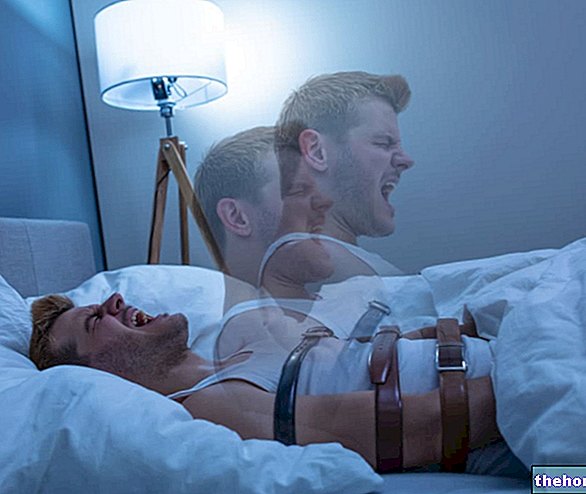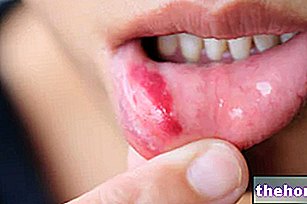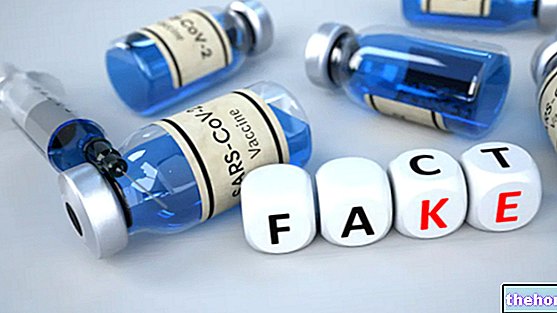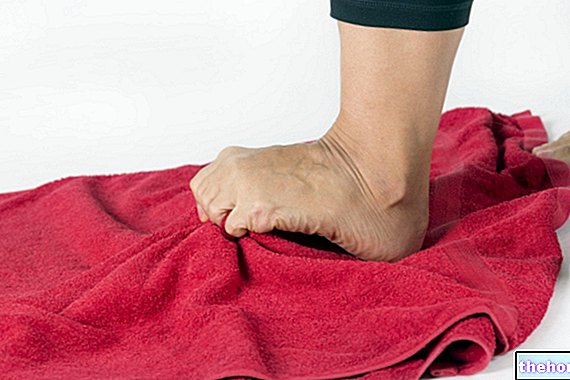Biofeedback is a non-drug treatment that allows you to learn to control normally involuntary bodily functions, such as muscle tension, blood pressure, electroencephalographic rhythms or heart rate.
The aim is to improve health, sports and physiological performance, and to counteract certain pathologies or conditions. Not being invasive and excluding the use of drugs, unwanted side effects are practically non-existent!
that send information to a computer about physiological activities. The measurements are then displayed on a monitor and, starting from those, it is possible to identify which physical and / or emotional attitudes are associated with the modifications of the activities analyzed. Eventually, patients learn to control these processes without the need for monitoring.
Sessions typically last less than an hour. In simpler cases relief is felt in 8-10 sessions, while for more complex conditions, improvements may take up to 20 sessions to be visible. In addition to working with the therapist, anyone If you approach biofeedback, it is recommended to practice relaxation techniques at home for 5-10 minutes a day.
Biofeedback is also useful against the psychological effects of video chats.
. This happens because in a stressed person physical processes such as blood pressure can become irregular, while with biofeedback therapy one learns to get them back within correct parameters.Migraine
The theses are conflicting about the benefits of biofeedback on migraines. Some studies argue that this technique is effective for treating different types of headaches, while others seem more skeptical.
According to the Michigan Headache and Neurological Institute, taking biofeedback therapy would improve headache and migraine symptoms in 40-60% of patients, similar to how medications would. However, this would only apply in the case of stress-induced migraines, while for migraines due to other triggers, this technique could be less reactive.
ADHD and PTSD
Some studies have suggested that biofeedback can help people with ADHD, attention deficit hyperactivity disorder, or those facing any form of post-traumatic stress disorder.
Raynaud's disease
Raynaud's disease is a condition that causes certain parts of the body to feel numb and cold in response to a cold stimulus or emotional stress. Resulting from a blood supply problem to the skin, some studies indicate that thermal biofeedback can help relieve symptoms. The Raynaud's Association reports that 80-90% of its patients have experienced improved circulation and reduced symptom frequency after therapy.
Chronic constipation
A team from the University of Iowa, in the United States, found that treatment with biofeedback can improve the response of the muscles that cause chronic constipation. The surveys carried out found an improvement in bowel movement in almost 80% of patients. .
Night bruxism
Nocturnal bruxism is an "involuntary contraction of the facial muscles normally used for chewing. It occurs while sleeping and leads to grinding of the teeth by rubbing the two dental arches together or by clenching the jaws with excessive force.A team from Turner Dental Hospital in Manchester, UK studied the effect of biofeedback therapy on this condition, involving nineteen participants who were asked to wear a special device every night for 5 weeks. At the end of the experiment. , eleven of them found a reduction in headache and jaw muscle discomfort upon waking in the morning, and no side effects.
Apraxia of the infantile word
Childhood apraxia is a motor language disorder in which children have difficulty reproducing sounds, syllables and words. Affected people know what they mean, but their brains have difficulty coordinating muscle movements needed to pronounce the words.
Researchers from Connecticut's Haskins Laboratories examined the effectiveness of a treatment program that included biofeedback on six children with this problem and after 18 sessions concluded that an operational program that included ultrasound biofeedback improved the accuracy of the sound. speech in children with persistent errors associated with apraxia.
,Biofeedback therapy can also help optimize sports performance.




























